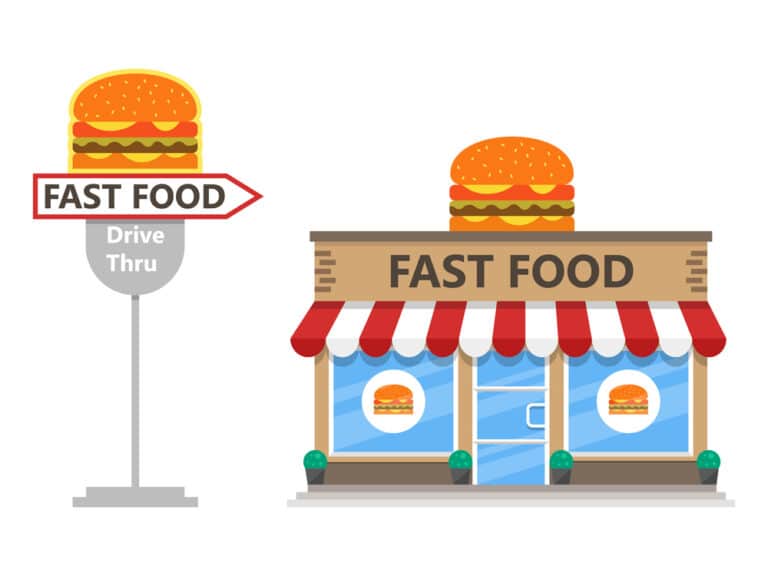You are opening your mail one day and you receive a personnel file request and a demand letter from your former employee’s attorney. We previously wrote about responding to personnel file requests but now you also received a demand letter stating you violated the California Labor Code and owe money to your former employee. There is a deadline to respond. You are shocked. You are generous employer, and maybe you have been in business 20 years without one demand letter! You let people leave early from work when they need. Help them when they need it financially or with their kids. And now this is how they thank you. So what should you do?
First know that a demand letter is not a lawsuit. It is a pre-litigation demand that should not be ignored. Do not put that letter in the trash and think the claim will go away. It will not. The first thing to do is pull this employee’s personnel file and make sure you have all their paystubs, for at least 4 years back (required by CA law so you should have it accessible). Also, put together a timeline of events. This should include dates of hire, any disciplinary issues, any concerns raised by the employee and why the employee no longer works there, no matter the reason.
Then, call the Employer Lawyers at Chauvel & Glatt to evaluate this information with you and to determine next best steps for your business. Not all situations are the same. A different approach can benefit you and your business so it is important that your attorney understand your business and company philosophy. In fact, depending on the facts of the particular matter, who the former employee is and what their claims are and even who the attorney is on the other side, the approach to responding to the demand letter may vary.
Also, the approach could vary depending on your level of risk. In other words, do you have other labor code violations that could lead to other violations, added claims and increased risk? Is your workforce large or small? This also might impact your level of risk and amount of damages if something is wrong. It is very important to not ignore a demand letter. Instead, gather all the information you can and consult with legal counsel to ensure you understand the best approach in responding to the demand letter and building the best case for you and your business.
If you have received a demand letter in the mail (or via email), contact the Employer Lawyers at Chauvel & Glatt to ensure you properly evaluate the best way to handle the situation before you.
This material in this article, provided by Chauvel & Glatt, is designed to provide informative and current information as of the date of the post. It should not be considered, nor is it intended to constitute legal advice. For information on your particular circumstances, please contact Chauvel & Glatt at 650-573-9500 for legal assistance near you. (Photo Credit: depositphotos.com)






